Jean-Michel Basquiat’s LA-made work goes on show at Gagosian
‘Made on Market Street’ at Gagosian in Beverly Hills is the first show to present works made by the young artist between 1982 and 1984
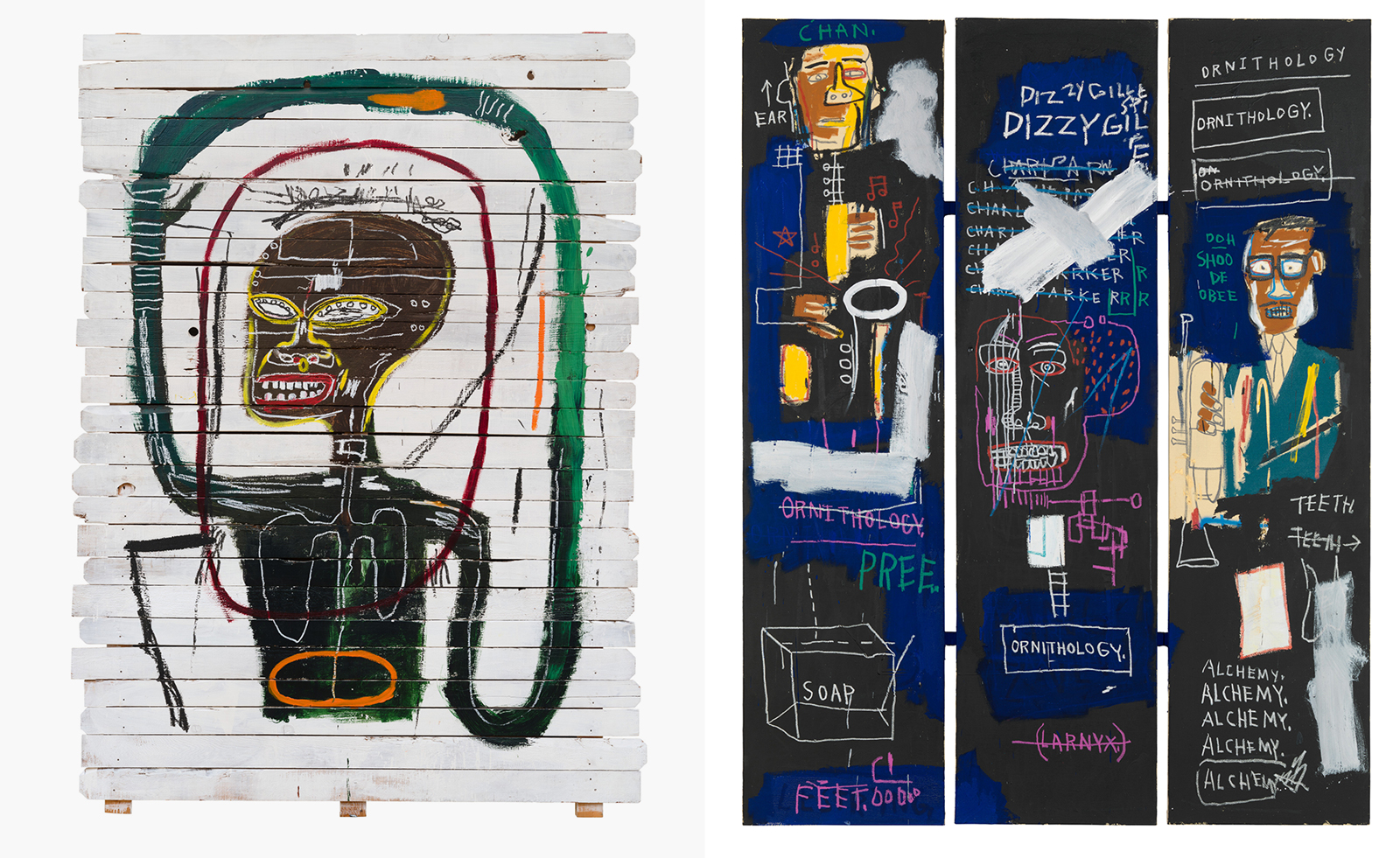
The story of Jean-Michel Basquiat’s soaring success, from subway graffiti to posh galleries in five years, is rooted in the mythologies of early 1980s New York. Since his 1988 death of a heroin overdose, age 27, Basquiat films, books and auction prices (along with exhibitions such as last year’s ‘Basquiat x Warhol. Painting 4 Hands’ at the Fondation Louis Vuitton) have only multiplied, yet one perspective has not been documented until now: the formative time he spent in Los Angeles.
‘Made on Market Street’ at Gagosian in Beverly Hills is the first show to present works made by the young artist between 1982 and 1984 when he worked for extensive periods of time at a studio in Larry Gagosian’s house in Venice, California, and later at a studio down the block, both walking distance to the Pacific.
Organised by Fred Hoffman, who worked with the artist to produce a series of prints through his New City Editions in Venice and Gagosian, who gave the artist his second solo show (after his first with Annina Nosei in New York), the exhibition features an impressive 24 of the 100 paintings made during the artist’s LA sojourns as well as his drawings and prints.
Jean-Michel Basquiat: Made on Market Street at Gagosian LA
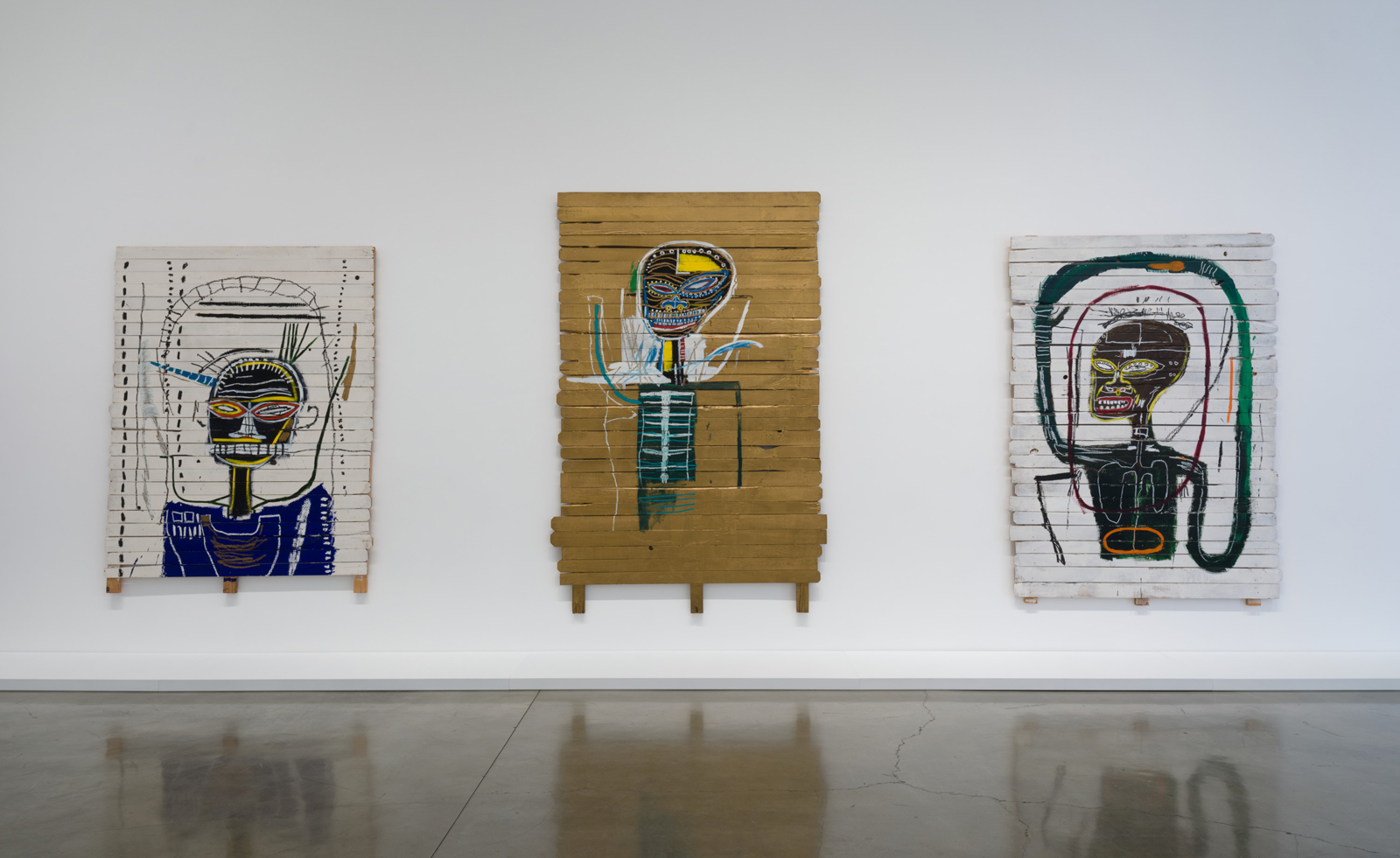
Jean-Michel Basquiat, ‘Made on Market Street’, 2024, installation view
Having invited Basquiat to come stay at his house in November of 1982, Gagosian found himself hanging out with the dynamic 22-year-old and his girlfriend, a then unknown Madonna. ‘Los Angeles has always been a great city for artists… the immensity of his talent was immediately apparent,’ Gagosian says.
The 1983 painting Hollywood Africans conveys Basquiat’s first impressions of the city with cartoon-like portraits of artists Toxic and Rammellzee taking in such sites as the star-studded sidewalk known as the Walk of Fame. All are covered in swathes of yellow paint, the sunshine of the city. It was bought by producer Doug Cramer, who later gave it to the Whitney Museum which loaned it back to LA for the show.
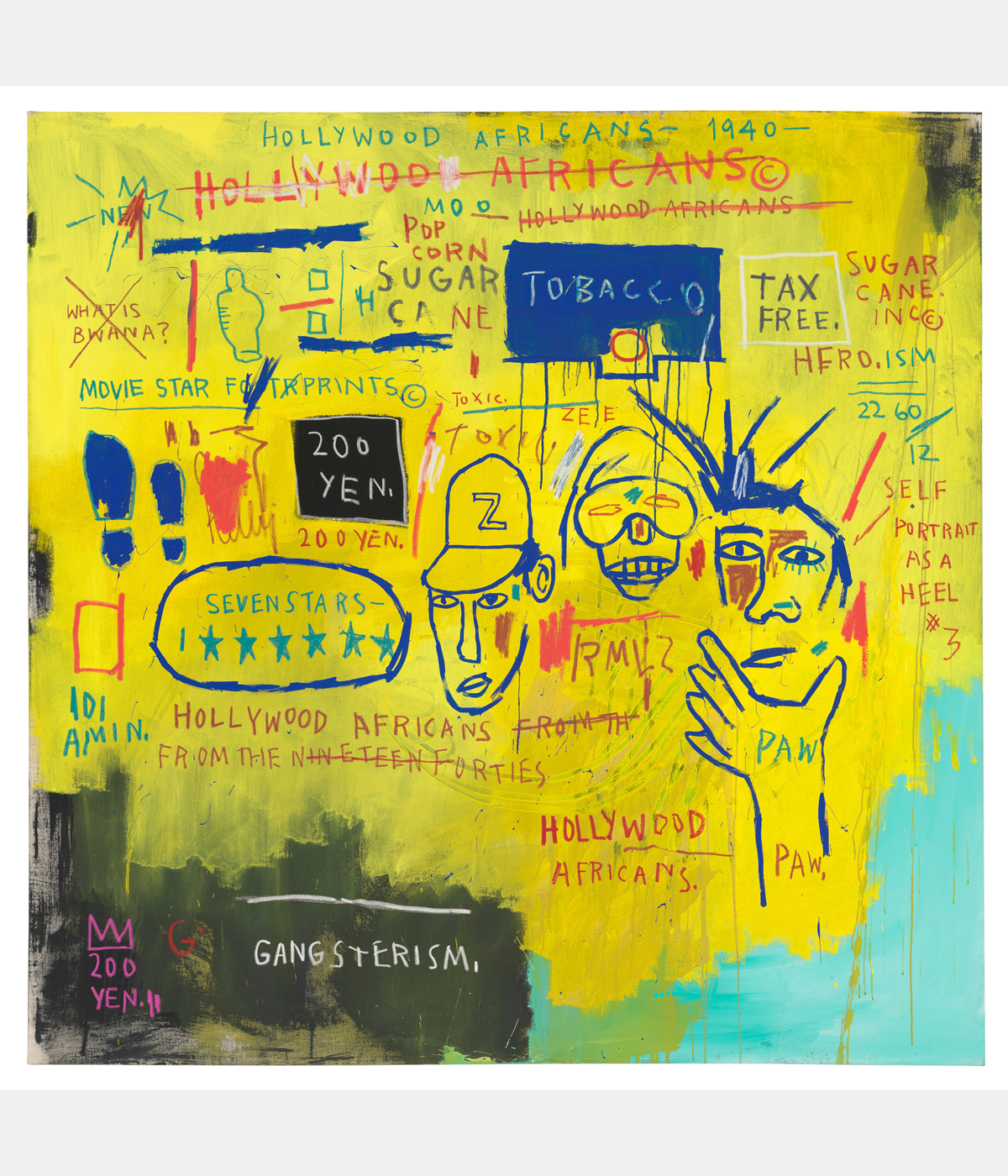
Jean-Michel Basquiat, Hollywood Africans, 1983. Acrylic and oil stick on canvas
Hoffman helped Basquiat translate his spontaneous methods of combining drawing, collage and painting to make large-scale prints including the 1983 Tuxedo. The artist used a photographic transfer to ensure that the silkscreen of his original would be printed in reverse so that the colour black was dominant, especially at nine by five feet. A white crown tops lists of complex writings and upward-pointing arrows. ‘Basquiat’s aesthetic decisions were his means of questioning certain social and cultural assumptions, with identity most important among them,’ writes Hoffman in the exhibition catalogue.
Hoffman also introduced Basquiat to Robert Rauschenberg who was working at Gemini GEL, the publisher that regularly brought renowned East Coast artists west to make prints and multiples. Basquiat looked to Rauschenberg as an artist who had influenced his own use of wooden doors and detritus in his paintings.
Wallpaper* Newsletter
Receive our daily digest of inspiration, escapism and design stories from around the world direct to your inbox.
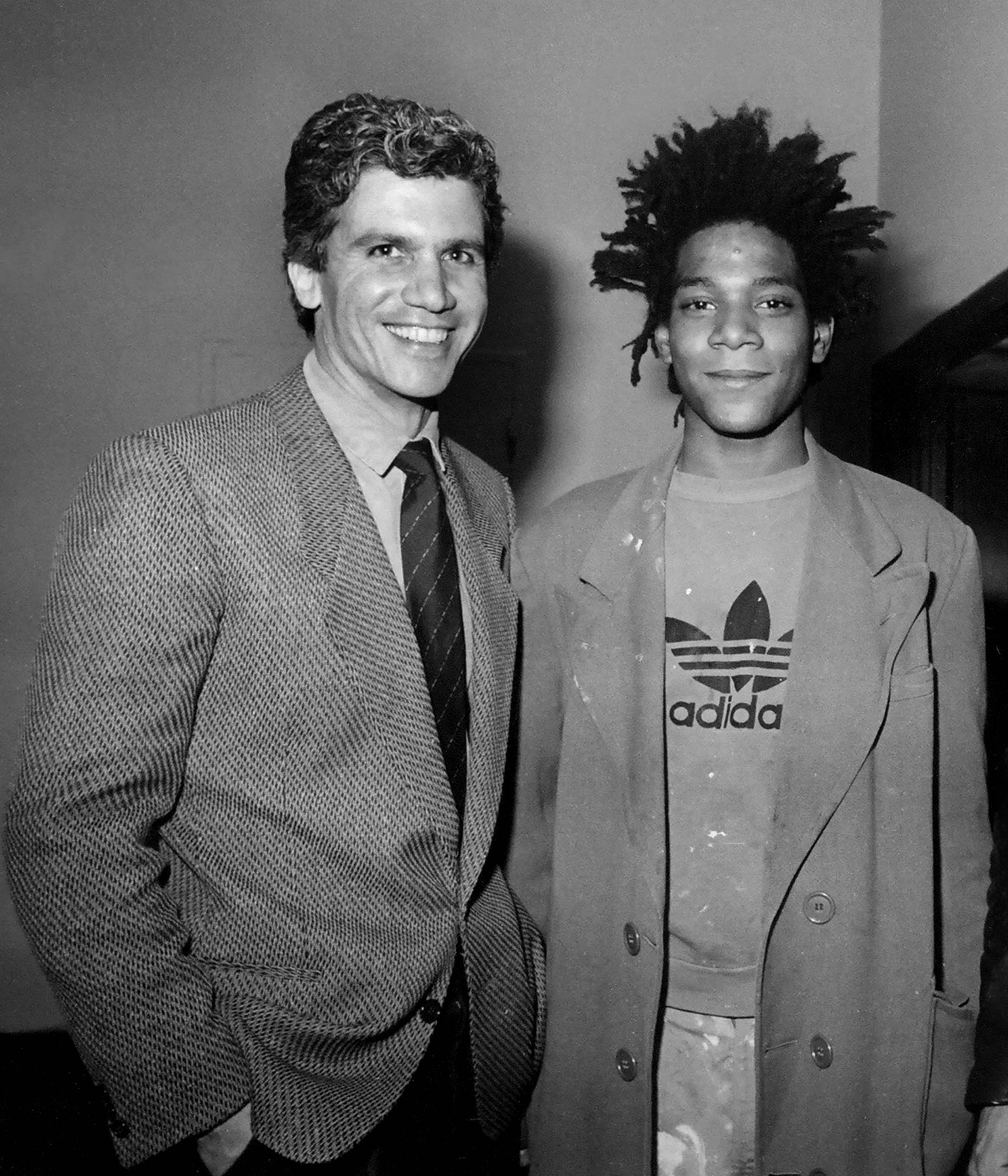
Larry Gagosian and Jean-Michel Basquiat c. 1982
On his second trip to LA, Basquiat had an old fence behind his Venice studio removed and used the wood slats as support for a trio of paintings depicting grinning African royals. They are brought together for the first time since they were made. For Gold Griot, the wood was slathered with luminous gold paint. It was bought out of the studio by Eli and Edye Broad. It is now one of 13 Basquiats in their eponymous LA Broad museum, and another of the museum loans to this exhibition.
Coincidentally, Basquiat is the big draw at Luna Luna, an amusement park originally created by artists in 1987 in Hamburg and now resurrected by the musician Drake in downtown LA. Originally, artist André Heller had invited a grab bag of big-name artists to make rides or attractions for children. David Hockney and Salvador Dalí, hipsters Keith Haring and Kenny Scharf all made pieces but the biggest star is Basquiat. A white ferris wheel was decorated by Basquiat with his incisive, sexually charged, irreverent paintings and poetic texts. One of the last works of his short career, it spins around to the tune ‘Tutu’ by Miles Davis, one of Basquiat’s idols.
‘Made on Market Street’ is on show at Gagosian LA until 1 June 2024
-
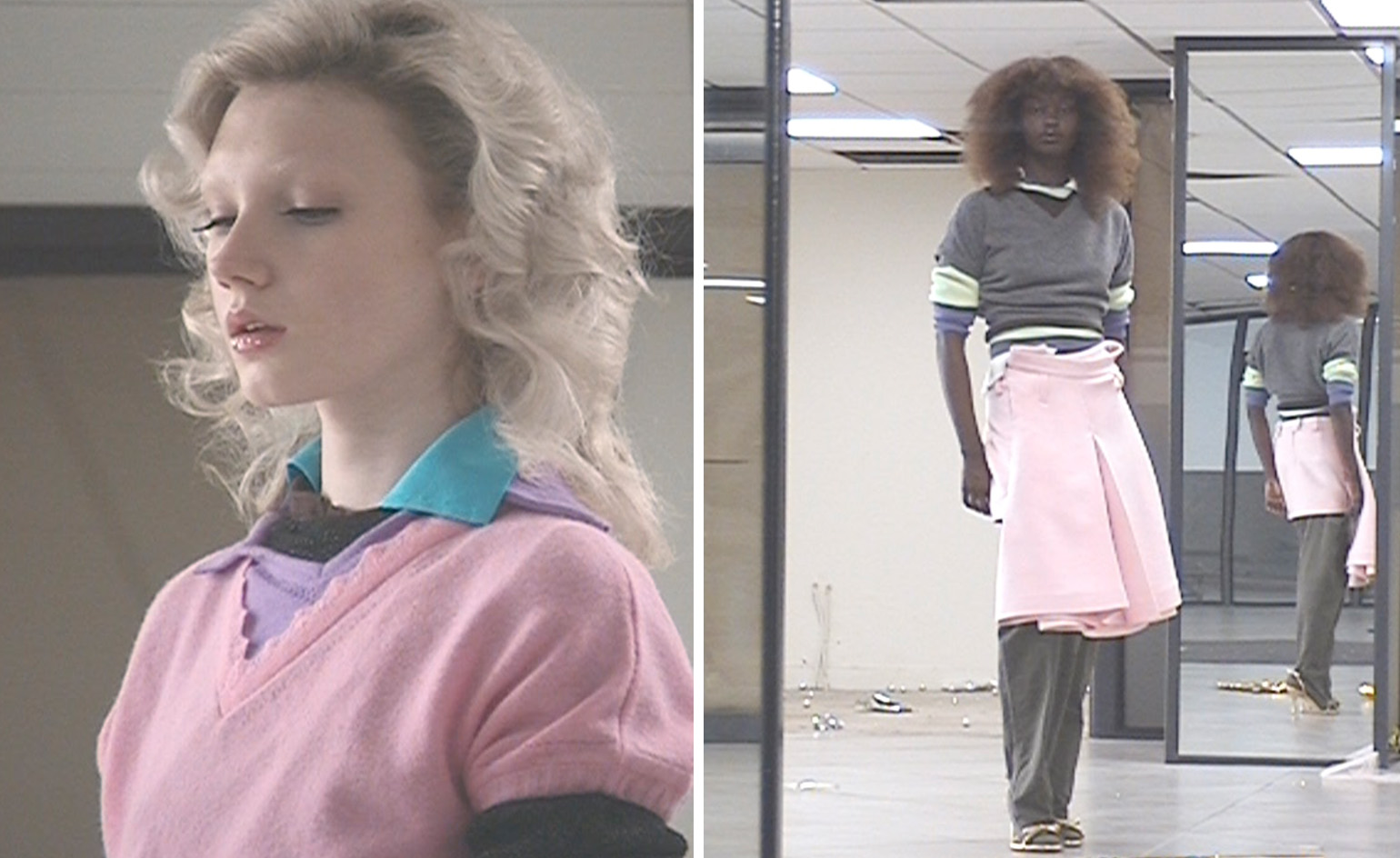 All-In is the Paris-based label making full-force fashion for main character dressing
All-In is the Paris-based label making full-force fashion for main character dressingPart of our monthly Uprising series, Wallpaper* meets Benjamin Barron and Bror August Vestbø of All-In, the LVMH Prize-nominated label which bases its collections on a riotous cast of characters – real and imagined
By Orla Brennan
-
 Maserati joins forces with Giorgetti for a turbo-charged relationship
Maserati joins forces with Giorgetti for a turbo-charged relationshipAnnouncing their marriage during Milan Design Week, the brands unveiled a collection, a car and a long term commitment
By Hugo Macdonald
-
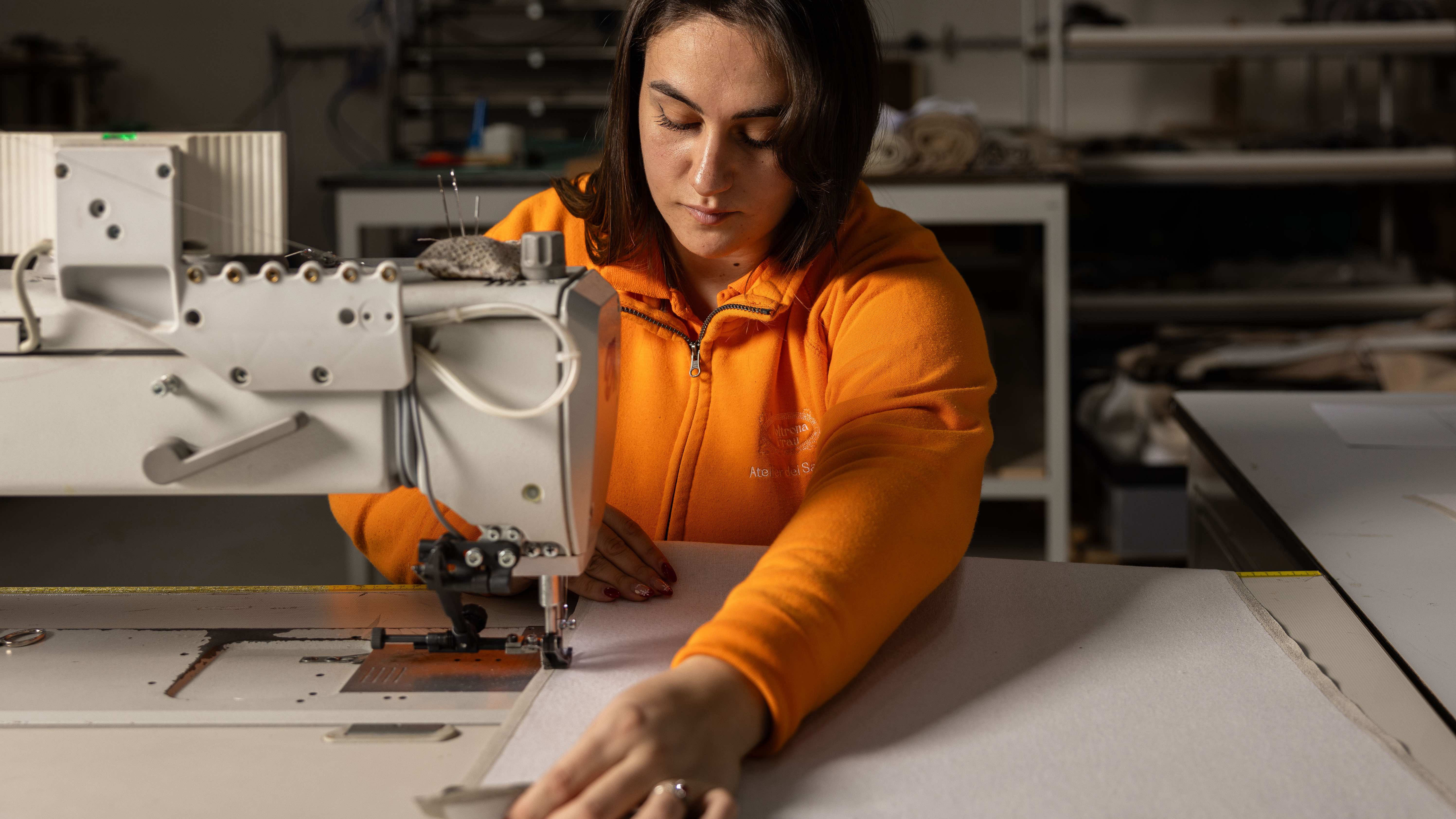 Through an innovative new training program, Poltrona Frau aims to safeguard Italian craft
Through an innovative new training program, Poltrona Frau aims to safeguard Italian craftThe heritage furniture manufacturer is training a new generation of leather artisans
By Cristina Kiran Piotti
-
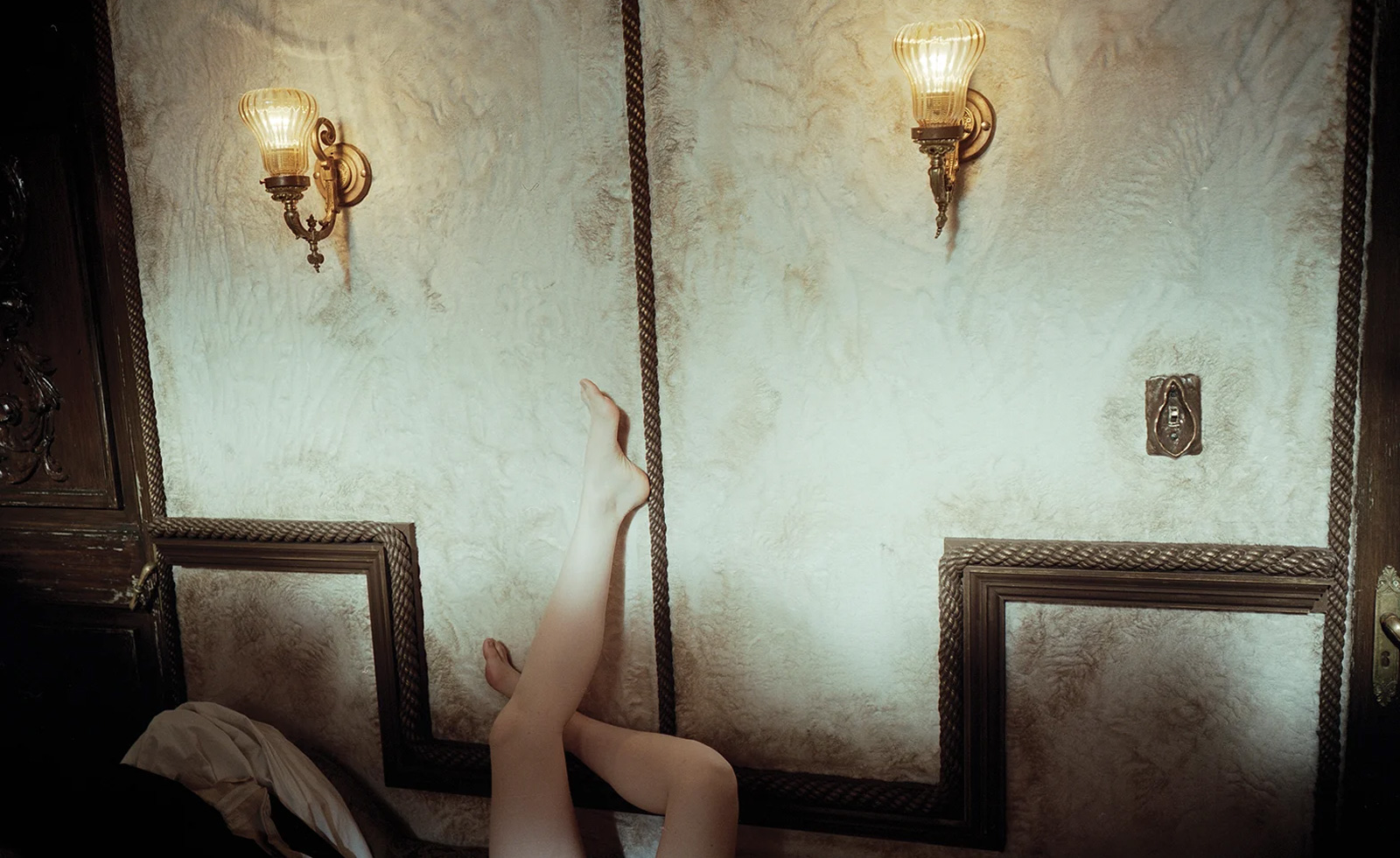 Unlike the gloriously grotesque imagery in his films, Yorgos Lanthimos’ photographs are quietly beautiful
Unlike the gloriously grotesque imagery in his films, Yorgos Lanthimos’ photographs are quietly beautifulAn exhibition at Webber Gallery in Los Angeles presents Yorgos Lanthimos’ photography
By Katie Tobin
-
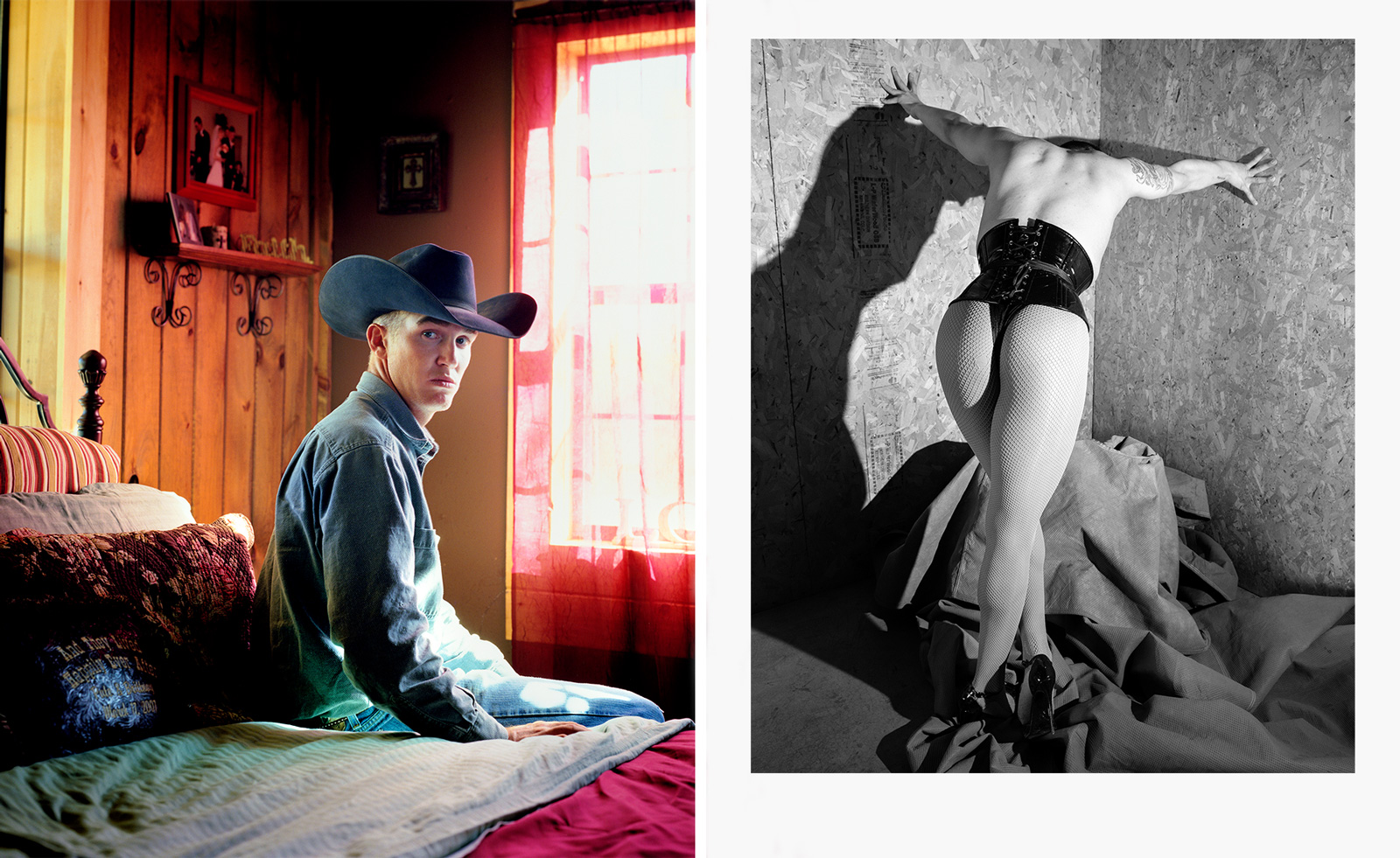 Cowboys and Queens: Jane Hilton's celebration of culture on the fringes
Cowboys and Queens: Jane Hilton's celebration of culture on the fringesPhotographer Jane Hilton captures cowboy and drag queen culture for a new exhibition and book
By Hannah Silver
-
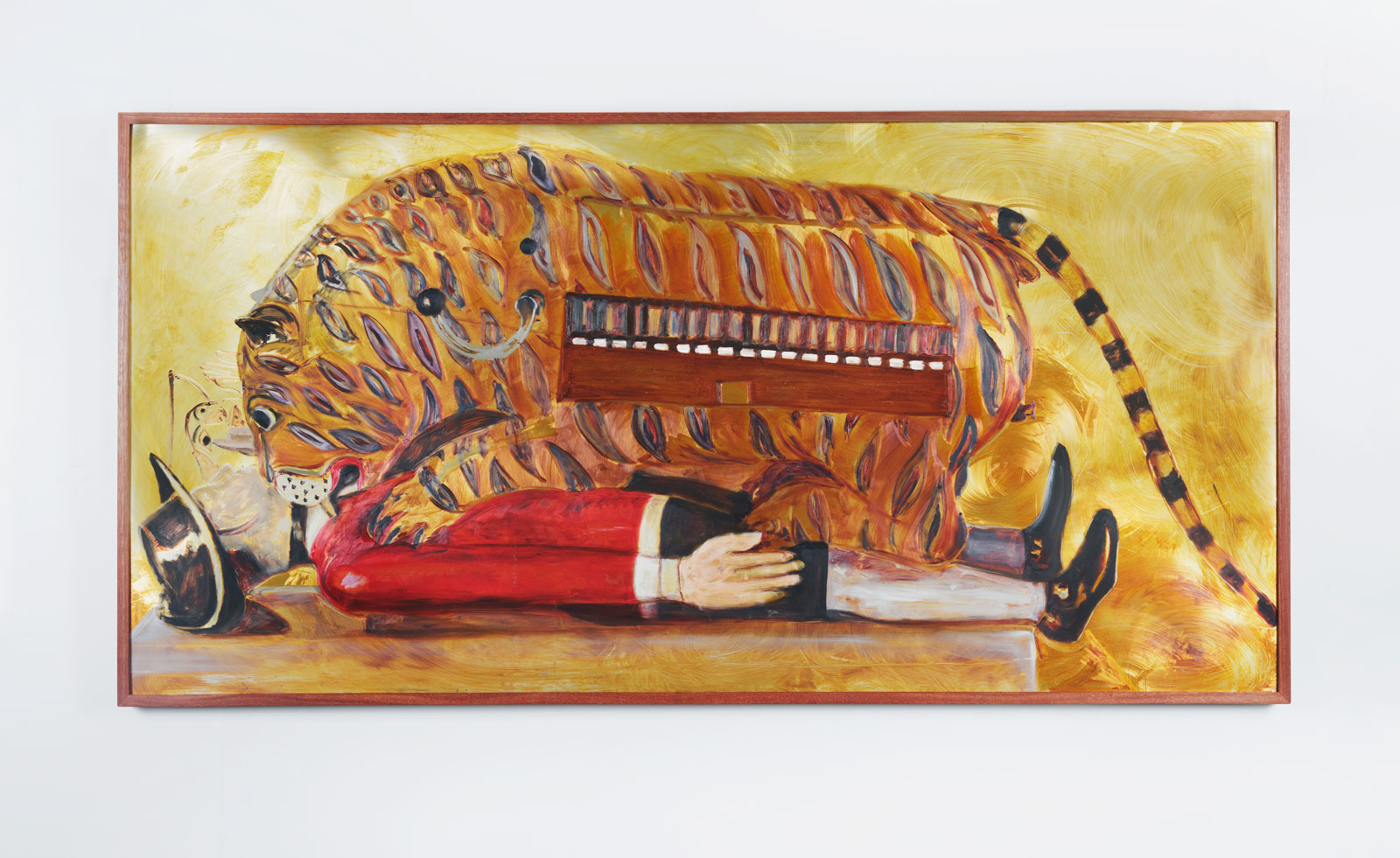 New gallery Rajiv Menon Contemporary brings contemporary South Asian and diasporic art to Los Angeles
New gallery Rajiv Menon Contemporary brings contemporary South Asian and diasporic art to Los Angeles'Exhibitionism', the inaugural showcase at Rajiv Menon Contemporary gallery in Hollywood, examines the boundaries of intimacy
By Aastha D
-
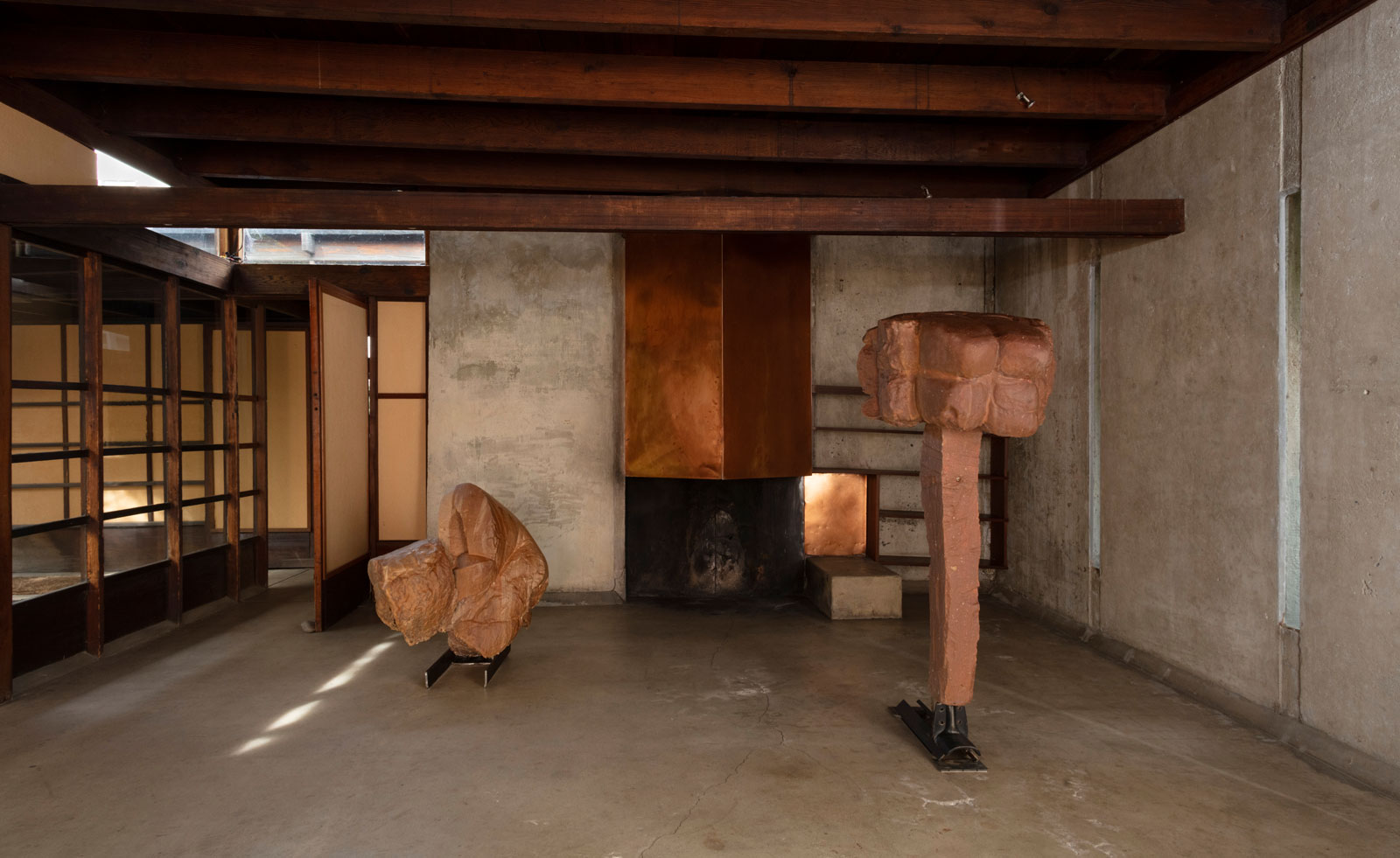 Helmut Lang showcases his provocative sculptures in a modernist Los Angeles home
Helmut Lang showcases his provocative sculptures in a modernist Los Angeles home‘Helmut Lang: What remains behind’ sees the artist and former fashion designer open a new show of works at MAK Center for Art and Architecture at the Schindler House
By Francesca Perry
-
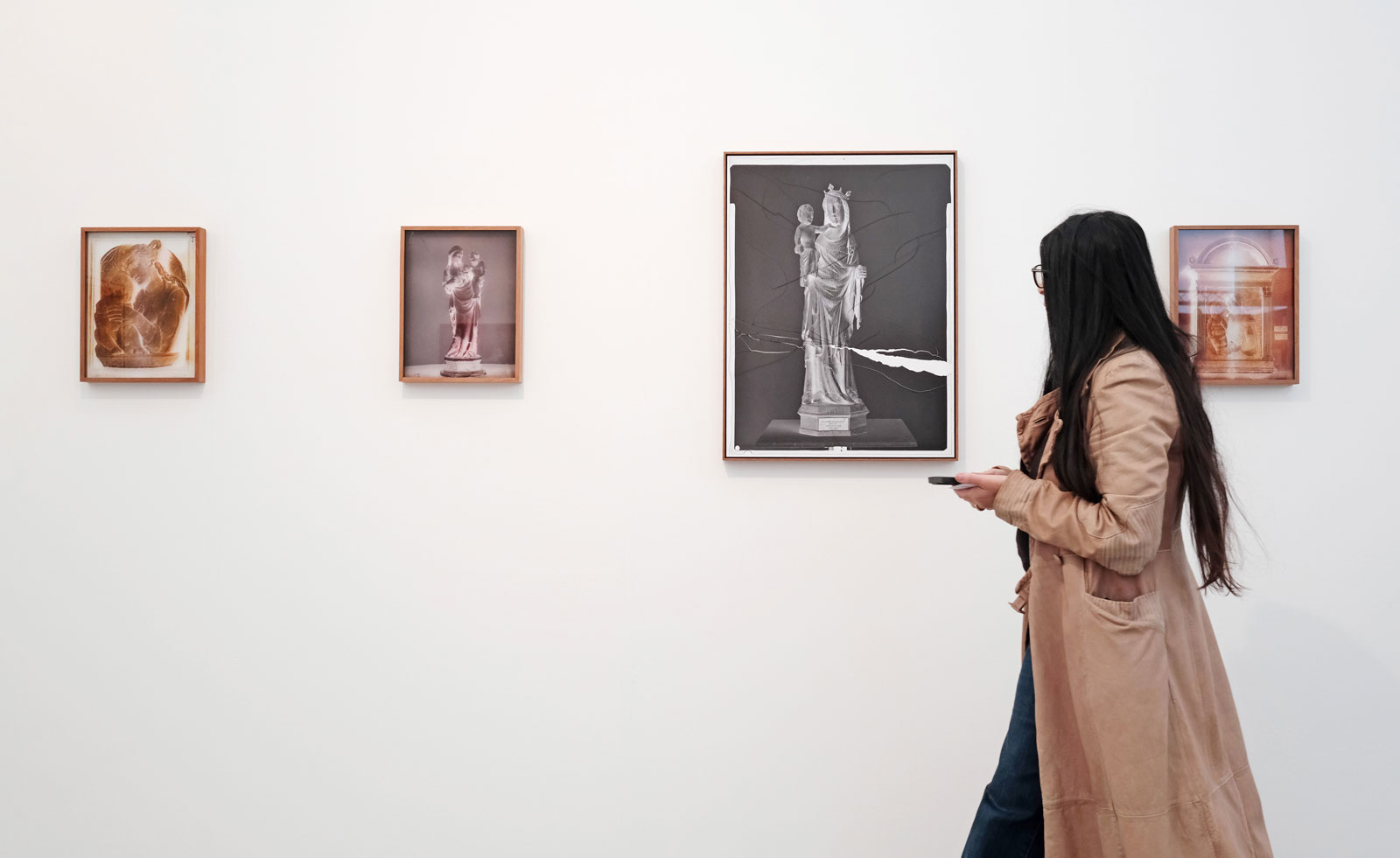 Don't miss these seven artists at Frieze Los Angeles
Don't miss these seven artists at Frieze Los AngelesFrieze LA returns for its sixth edition, running 20-23 February, showcasing over 100 galleries from more than 20 countries, as well as local staples featuring the city’s leading creatives
By Annabel Keenan
-
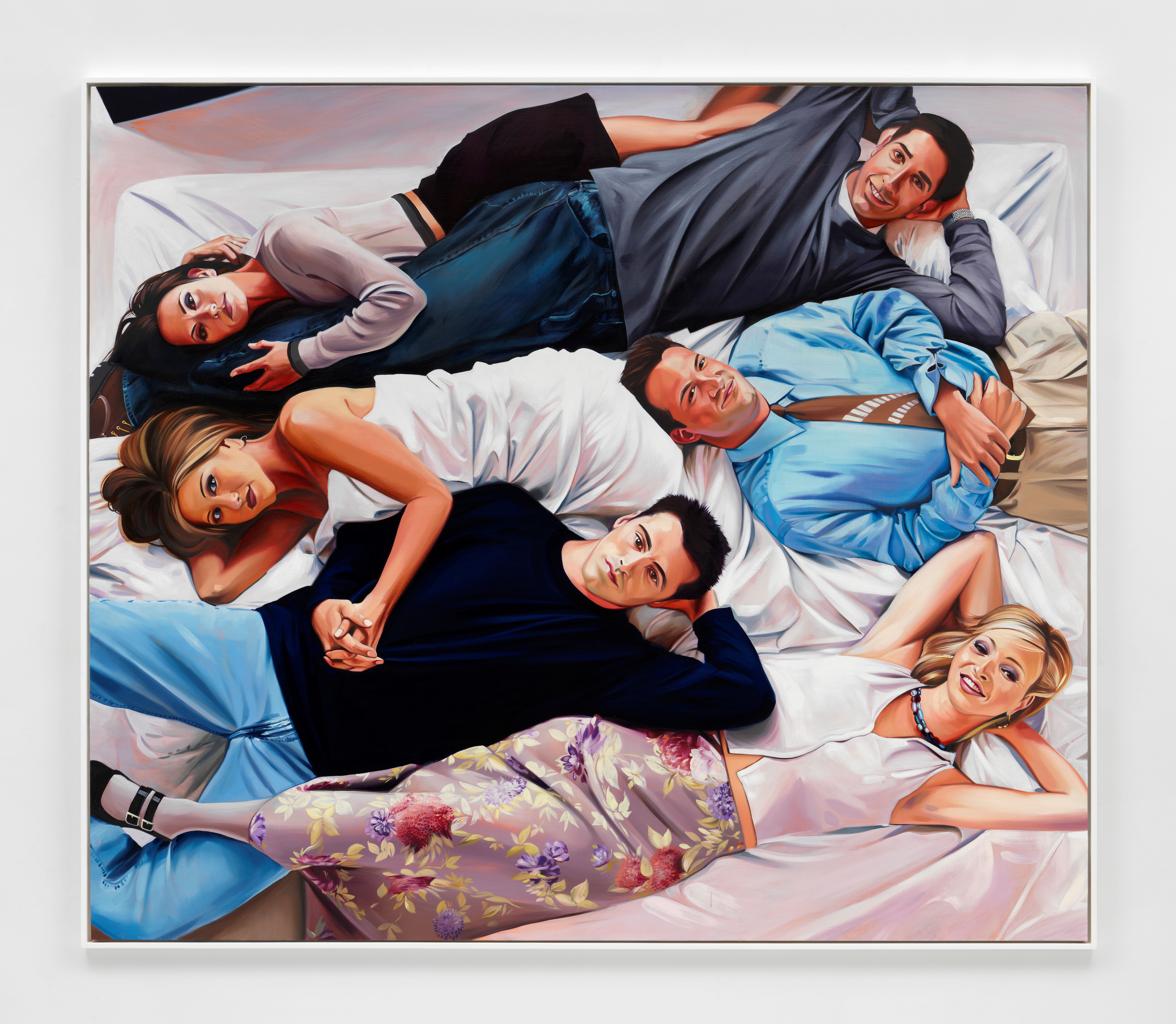 Pop culture, nostalgia and familiarity: Sam McKinniss in LA
Pop culture, nostalgia and familiarity: Sam McKinniss in LAArtist Sam McKinniss’ solo exhibition of paintings at David Kordansky Gallery in Los Angeles taps into familiarity, loss, and nostalgia
By Tianna Williams
-
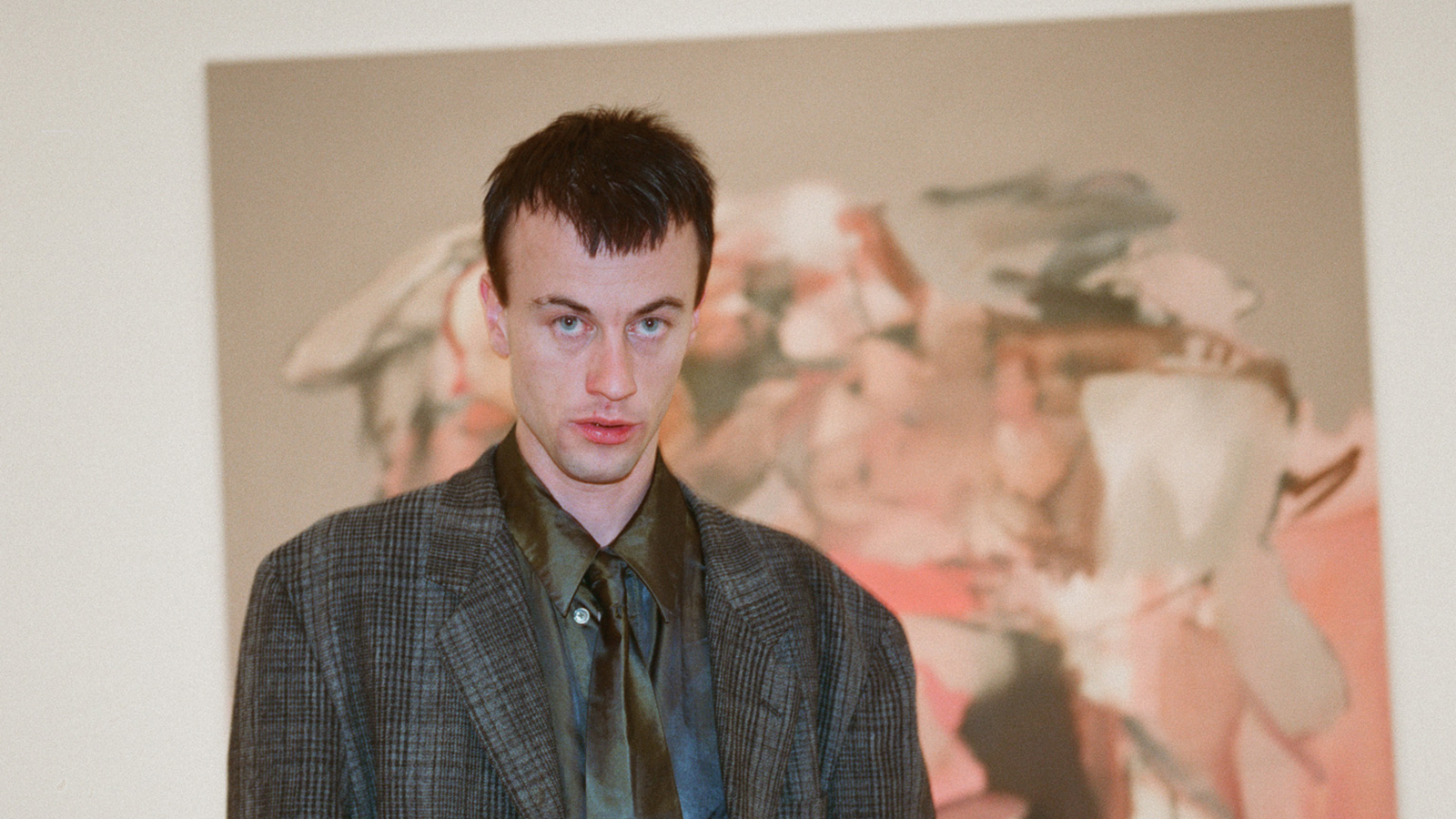 Inside the distorted world of artist George Rouy
Inside the distorted world of artist George RouyFrequently drawing comparisons with Francis Bacon, painter George Rouy is gaining peer points for his use of classic techniques to distort the human form
By Hannah Silver
-
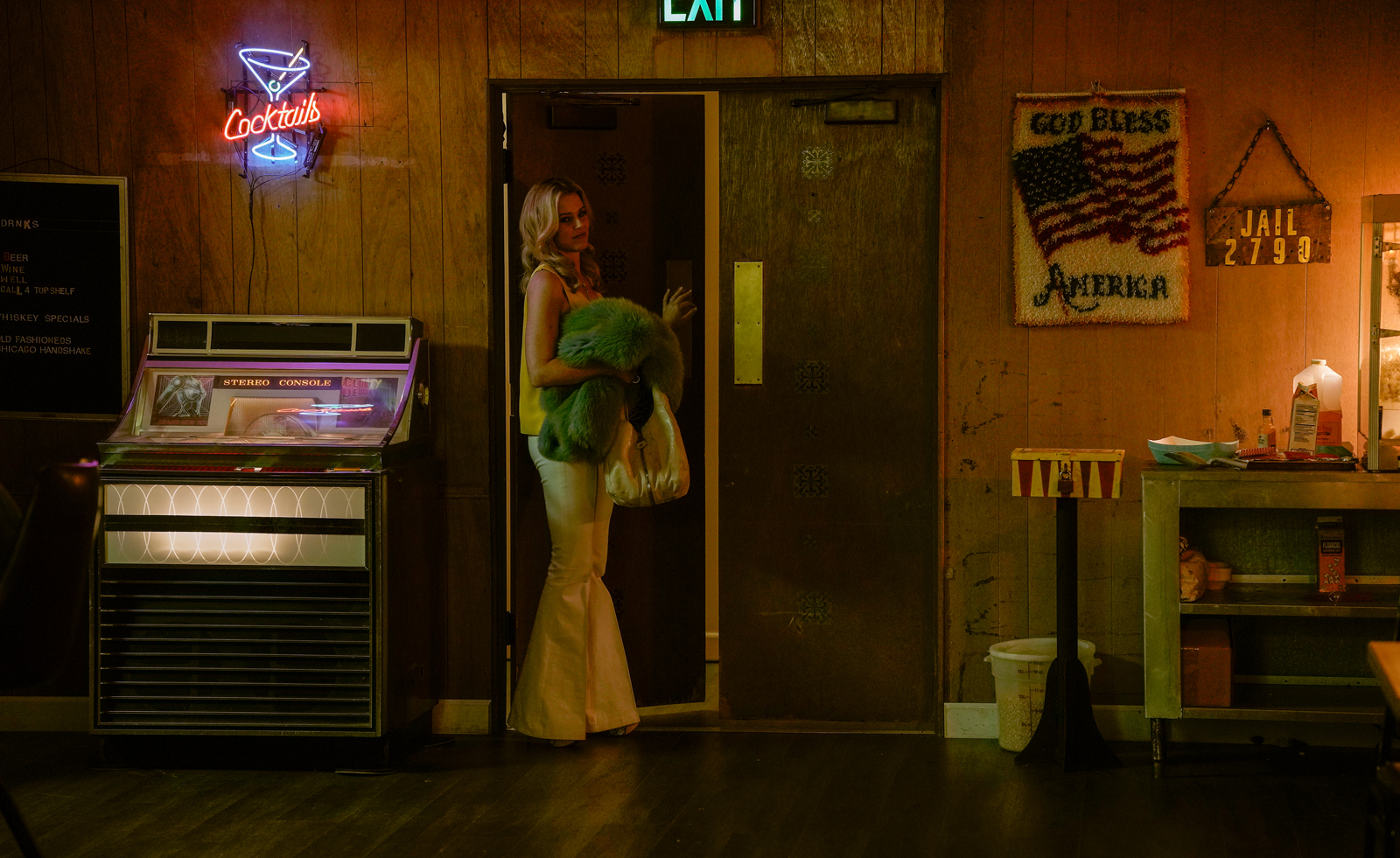 Sunshine noir is given an unsettling spin in new film ‘Skincare’; meet the director
Sunshine noir is given an unsettling spin in new film ‘Skincare’; meet the directorBest known for music videos, director and writer of ‘Skincare’ Austin Peters on how he created the film’s bright, ominous world
By Hannah Silver